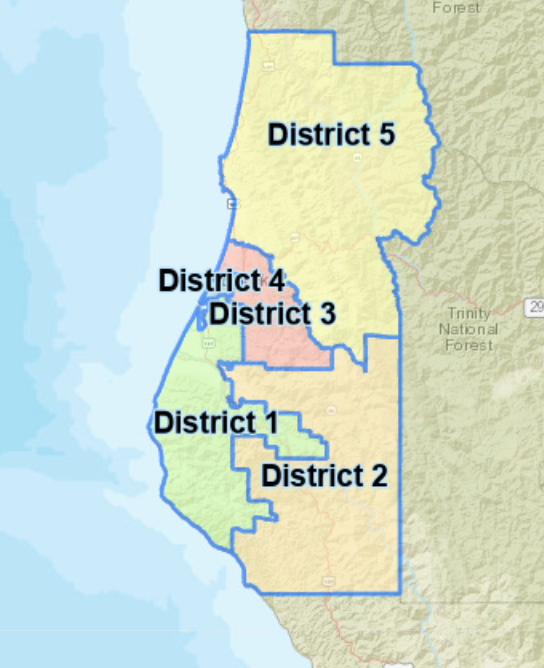The Owl Massacre of 2016: Proposed Timber Sale to Take Over 100 Northern Spotted Owls
- Feb 25, 2016
- 2 min read

In the past year, EPIC has talked a lot about the proposed Westside Project—a massive logging project on the Klamath National Forest. In case you haven’t heard, the Klamath National Forest has proposed logging approximately 6,800 acres of clearcuts near the Klamath River. The majority of these clearcuts—upwards of 70%—are scheduled for northern spotted owl critical habitat and/or “Late Successional Reserves,” lands set aside for northern spotted owls. You can find more at our archives, located here.
On Friday, February 19, 2016, the U.S. Fish and Wildlife Service issued its Biological Opinion on the Westside Project which detailed the amount of carnage this logging project would cause to northern spotted owls. The numbers are grim. All told, the Westside Project would “take” up to 103 owls; 74 adults and between 12–24 juveniles.
To put this number in perspective, this represents 1–2% of all northern spotted owls left. While this might not seem like a lot, rangewide populations of northern spotted owl are in increasingly steep decline. A recent demographic study estimates that northern spotted owl populations have declined by 3.8% per year from 1985 to 2013 and suggests the rate of decline appears to be increasing. You can read more about the plight of the northern spotted owl and EPIC’s efforts to help save the owl on our new blog post, located here.
The Westside Project has drawn widespread condemnation. Over 13,000 people have written to the Forest Service asking for the project to be pulled. The Karuk Tribe, which has lived in the project area for time immemorial, has expressed deep concerns over the project and submitted their own proposal to the Forest Service for consideration, which was rejected by the Service.
The Klamath National Forest justifies such horrific impacts on the premise of improved future conditions for the owl. In their logic, by logging, the Forest Service will be able to start a new forest faster, one that has a lessened risk of reburning in the future because fuel (i.e., owl habitat) is removed. Even if you buy the Forest Service’s speculative argument—that guaranteed short-term harm is outweighed by possible long-term benefit–there is still a catch: the Forest Service does not have the money to do the forest restoration work they promise. Receipts from timber sales will not cover the myriad of promises the Forest Service has made to get this project through and the Service admits that future funding is “uncertain” and likely “insufficient to accomplished all needed restoration work.”
The U.S. Fish and Wildlife Service has expressed skepticism of the Forest Service’s propose. Last fall, the top official charged with spotted owl recovery wrote to the Forest Service stating that the Westside Project should be “minimized” where owls remain after fire because large, dead trees will “greatly improve” the quality of forest habitat as it naturally recovers over time.
The Service continued, “In general, most scientists agree that salvage logging does not contribute positively to the ecological recovery of naturally disturbed forests,” Henson wrote. “It is important for (land managers) to seek ways to implement important fuel reduction work without over-utilizing salvage logging that can adversely affect the restoration of natural conditions.”
It’s not too late to stop the Westside Project. We encourage the Klamath National Forest to withdraw its proposal.





Comments